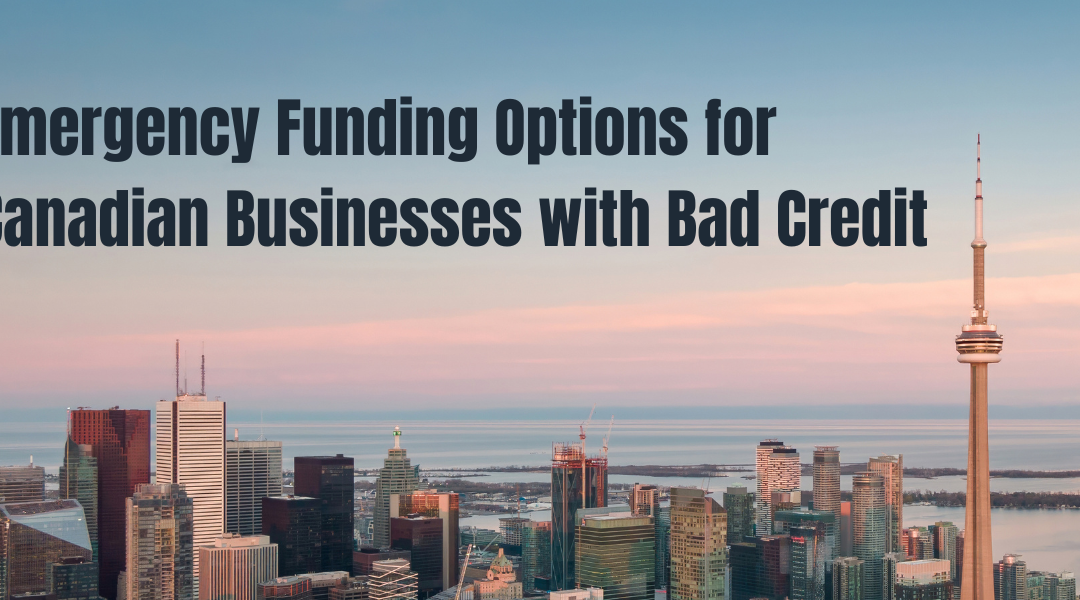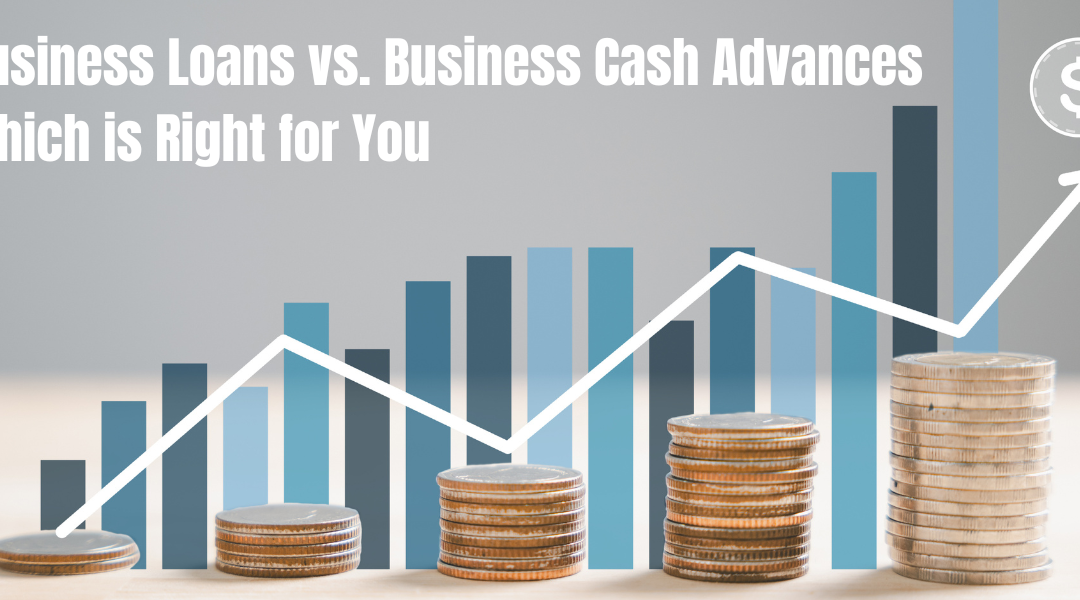- Looking for working capital to help grow your business?
- Need some money to get you through tough times?
- Is the bank not giving you a loan due to bad credit scores?
- Does your business accept credit or debit cards for payments?
We can probably help you!
Understanding Commercial Real Estate Loans
Commercial real estate loans are used for different circumstances. Some business owners wish to purchase land or buildings to expand their companies. Others may want to purchase strip malls, office buildings and other properties to generate rental income from other tenants. In each case, securing a commercial real estate loan in Canada is a complicated process that involves plenty of documentation, due diligence and patience. In this article, I’ll reveal who the main lenders are for this type of financing. Plus, you’ll learn the factors you need to consider and what Canadian lenders want to see before they offer you a loan.
Who Are The Commercial Real Estate Lenders?
Extending loans to Canadian businesses for commercial real estate investing can be lucrative for lenders. They use stringent controls to manage their loan portfolio. These controls minimize the number of commercial loans that default. While residential home loans and small business loans in Canada can usually be secured from your local bank, several types of lenders service the commercial real estate industry. Besides your bank, these include savings and loans, specialized lending institutions such as mortgage bankers and even insurance companies. Each has developed their own respective controls to offer financing and manage their portfolio of commercial real estate loans.
Factors To Consider For Financing
Each loan for commercial real estate is packaged differently. There are a host of factors that should be considered by both the business owner seeking the loan and the lender. These factors will help determine the likelihood of high tenancy, low turnover and the reliability of the borrower to make timely payments on the loan. To structure the terms of a commercial real estate loan, both parties should consider the location of the property. An office building in Calgary will perform differently than a similar office building in Quebec City.
Another important concern is the use of the property. For example, a strip mall in Windsor, Ontario may perform poorly compared to a strip mall in the heart of Edmonton. Market conditions (both current and anticipated) should be reviewed for each type of business. From those considerations, a reasonable estimate of projected revenue can be predicted. This helps lenders manage the risk of having a bad loan in their portfolio. Plus, borrowers can be better-prepared to make a case for their ability to repay the loan in a timely manner.
Knowing What A Commercial Real Estate Lender Wants
While the structure of each loan varies, all of them require certain documents to start the due diligence process. Most commercial lenders require tax returns from the past 3 years. This usually includes both personal and business tax documents. Also, bank statements for the past several months may be requested (again, both personal and business accounts).
Before a commercial lender will offer a real estate loan, an appraisal will be required. As local commercial real estate markets ebb and flow, properties’ past appraised values will become dated. For example, the values of office buildings in Montreal may be depressed while those in Calgary remain stable. A lender will also want to review the financial statements on other commercial real estate holdings in your company’s asset portfolio.
Closing The Loan
Once the documentation has been reviewed and the commercial real estate loan structured, the closing process can begin. But, that doesn’t mean the work is finished. There are several details to manage during the closing. These can include introductions to current tenants and reviews of existing lease agreements. It can also include analyzing local environmental reports and zoning requirements.
Commercial real estate loans are complex. The application, approval and closing process can take months. Canadian lenders want to manage the level of risk they accept while maintaining a suitable return on their investment. Borrowers must be able to present a reasonable case for extending a loan. In the end, though the process is fraught with potential land mines and other risks, agreeing upon a well-structured commercial real estate loan is an opportunity for Canadian lenders and borrowers.

Guide to Alternative Funding for Small Businesses in Canada
Essential Guide to Alternative Funding Options for Small Businesses in Canada Securing financing is a critical aspect of running a small business, whether it’s for covering daily operational expenses, funding expansions, or managing unexpected cash flow challenges....

Emergency Funding Options for Canadian Businesses
Emergency Funding Options for Canadian Businesses with Bad Credit Running a business can be unpredictable. Unexpected financial crises whether due to economic downturns, supply chain disruptions, or unforeseen expenses can put immense strain on your operations. For...

Business Loans vs. Business Cash Advances: Which is Right for You?
Business Loans vs. Business Cash Advances: Which is Right for You? Financing plays a crucial role in helping businesses grow, overcoming operational challenges, and navigating cash flow shortages. With many funding options available, choosing the right one for your...
Are you currently accepting payments using credit or debit cards at your business? If so, we can probably help you find the money you need fast. Apply Now!








